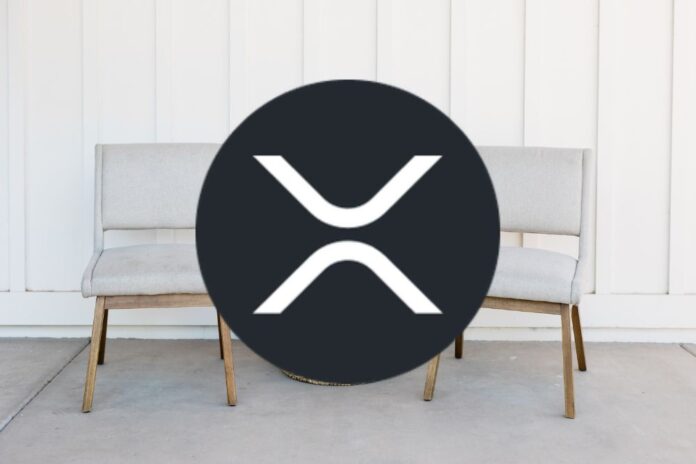The crypto community is grappling with the recent adoption of new crypto rules by the United States Securities and Exchange Commission (SEC), which has created uncertainty surrounding the upcoming XRP Ledger Automated Market Maker (AMM) and decentralized finance (DeFi) protocols.
While the main focus is on how liquidity providers will be affected, the implications go beyond that, potentially impacting exchanges and even Ripple’s products.
Read Also: Here’s When XRP Holders Will Start Earning Passive Income as AMM Amendment Passes
Under the new rules, liquidity providers dealing with assets considered securities, including some cryptocurrencies, are now required to register with the SEC. However, the lack of clarity regarding who exactly needs to register—AMM code developers, individual liquidity providers, or both, leaves the industry in confusion, making it difficult to comply fully.
🚨Very important exchange from today's SEC hearing where SEC staff assert that the new broker-dealer rule will make all LPs in AMMs into securities dealers with a registration requirement. Paraphrase of @HesterPeirce 's incisive questioning of staff below: 🚨
Staff:
"AMM is…— _gabrielShapir0 (@lex_node) February 6, 2024
XRPL AMM in the Spotlight
The XRP community is particularly concerned about how these rules will impact the upcoming XRPL AMM, which aims to allow XRP holders and others to earn passive income through liquidity provision.
While retail participants might be exempted if they have less than $50 million in assets, the broader implications remain unclear. Despite a recent court ruling that declared XRP a non-security asset, the ever-changing regulatory landscape keeps everyone on edge.
Ripple’s Liquidity Hub Under Scrutiny
Attorney Bill Morgan has raised an important point about how the rule could affect Ripple’s Liquidity Hub, a product designed to facilitate connections between businesses and crypto liquidity sources. The SEC’s expanded definition of “dealing activity” could subject Liquidity Hub to further scrutiny, adding additional complexity for Ripple and its clients.
Can someone ask Ripple how Liquidity Hub would go under this new rule? I don’t understand Ripple has a broker-dealer licence
“today’s rule would capture any person whose “regular business” involves trading activity for its own account that provides liquidity on a more than… https://t.co/etbgXsNSEq
— bill morgan (@Belisarius2020) February 6, 2024
The SEC’s new rules have broader implications that extend beyond AMMs. They potentially redefine an exchange, encompassing centralized and decentralized platforms like the XRPL DEX.
This expansion could require registration as an Alternative Trading System (ATS), raising concerns about stifling innovation and undermining the fundamental principles of decentralization.
Read Also: Effect of the Delayed XRPL AMM Amendment On XRP Holdings Ignites Community Discussion
Seeking Clarity
The crypto industry needs clear and concise regulations from the SEC. The current lack of clarity creates an atmosphere of fear and uncertainty, impeding growth and innovation. To navigate this complex landscape and foster a healthy crypto ecosystem, open dialogue an d collaboration between regulators and industry leaders are crucial.
The SEC’s new rules represent a significant development in the regulatory landscape of the crypto industry. While the full impact on the XRPL AMM and other DeFi protocols remains uncertain, the industry must prepare for a period of adaptation and potential change.
By working together and advocating for clear regulations, the crypto community can ensure a future that encourages innovation and safeguards investors.
Follow us on Twitter, Facebook, Telegram, and Google News


